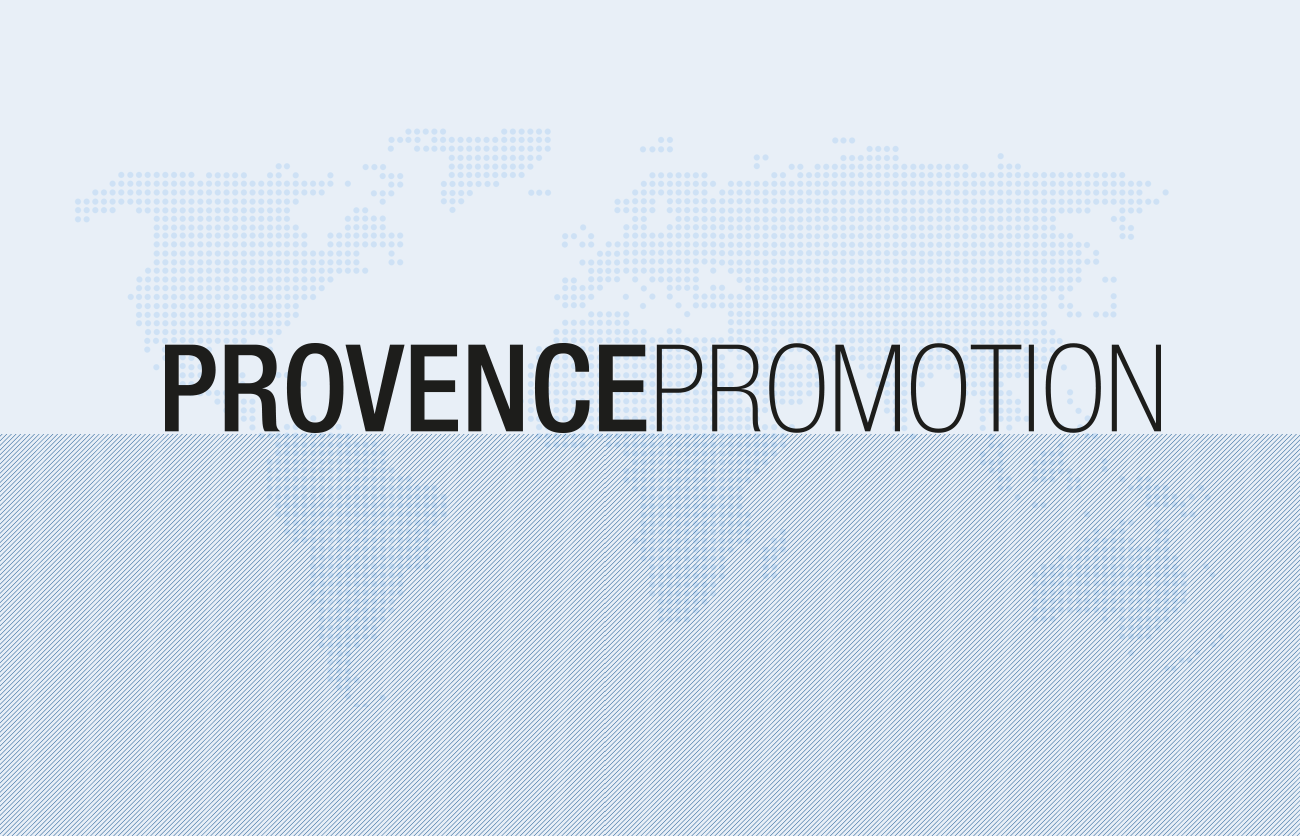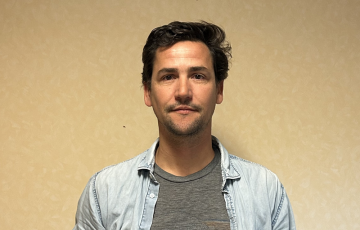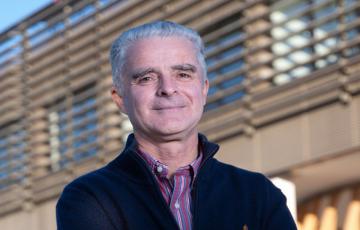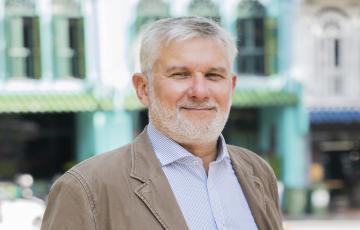Reflecting on the Red Herring ETRE Summit held in Paris on 6-9 October 2009, by Erik Fackeldey, ICT Project Manager
News

29 October 2009 /
Générale, Média
Where will the new leaders in content and digital services emerge?
Global trends and local opportunities.
A world in which the IT industry leaders control 75% of the world market...
The leaders in the software and digital content sectors are increasing their dominance in terms of market share, financial power and capacity to innovate. This is nothing new. However, the venture capital roundtable at the ETRE summit organized by Red Herring revealed the latest estimations and trends in this area. It showed that 75% of new products, services and content comes from the major players of the likes of Microsoft, Google, Yahoo and IBM. Moreover, these giants are embarking on takeover strategies, buoyed buy their huge cash resources and the low market valuation of the targeted companies. Indeed, in 2009, the NASDAQ index is 40 – 50% below the level seen during the Internet bubble of 2001, as is the quoted companies' valuations.
Start-ups therefore face tough competition to stake a claim in the remaining 25% of the market. It seems the race is becoming more and more difficult, since start-ups that grow into real challengers with turnovers of 35 to 40 million dollars are becoming increasingly scarce. Only six start-ups have been listed on the NASDAQ so far in 2009, with a total of 10 expected for the whole year – against 50 in 2008. The first reason for this is the tougher competition brought about by the majors' dominance. The second is linked to the ever-decreasing funds raised by venture capitalists worldwide, a phenomenon that has been exacerbated by the current crisis. According to the National Venture Capital Association, the sums invested have dropped from 28.4 million dollars in 2008 to 6.3 million dollars in August 2009, and the number of investment funds implicated from 221 to 70. Experts interviewed at the ETRE summit expect that, in the coming years, the number of venture capital companies in Europe will total 50.
Silicon Valley for global, the rest of the World for local... or the importance of a being a cosmopolitan cluster
Increasingly, the market leaders tend to believe that the new services and global contents of tomorrow can only be generated in Silicon Valley. The other clusters, with a few rare exceptions, play only a regional or localizing role or provide local support for a global offer. Indeed, beyond the bringing together of skills and knowledge in the domain of software, this cosmopolitan aspect is being viewed as increasingly important by all concerned. To a certain extent, the need for an international team to develop global services is becoming the norm, with strategic and organizational consequences for the world leaders in the domain: setting up of teams in charge of global services in Silicon Valley, presence of experts in the rest of the world to source local services.
True, the success of Facebook and Twitter goes to prove that innovation and market share are not the sole preserve of the major players and that European companies such as Ankama or Fischlabs, can occupy a prominent place internationally, in this case in the online video game sector. The trends, however, are there.
What will the effect be on the Marseille-Provence hub in terms of developing Euro-Mediterranean services?
In its approach to becoming a regional hub, Marseille-Provence must continue to bolster its positioning as a Euro-Mediterranean hub. This implies, initially, understanding the habits, needs and expectations of the local population by means of research centres and consultancies and dedicated conferences. The aim is to work both upstream and downstream to develop services that best meet the local population's expectations. It is for this reason that various local agencies are working to position Provence as a "living lab", a place where tomorrow's service and content offers can be experimented.
The PACA Labs initiative, put in place by the Regional Council to help subsidize experiments with new types of services, is a step in this direction. For over a year now, Provence Promotion has been working on the setting up in Provence of MIT, one of the world leaders in the field of mobile device usage, who should be opening a laboratory in the Marseilles area in the near future. Building a network of partnerships and exchanges with other hubs in the Euro-Mediterranean area, such as Sophia-Antipolis, Barcelona, Casablanca and Tunis, is essential in order to venture into the market with a stature that is credible on a world scale. In terms of supply, the success of the "Plus Belle la Vie" TV series shows the advantages of developing medias for a Euro-Mediterranean audience. Marseilles has an important card to play in this field, since it is the only city developing a high-tech strategy. The broadcasting and production company LEO TV, recently set up in Marseilles, is banking on these assets and is showing considerable development potential.
Marseille-Provence as part of the global network
Being a Euro-Mediterranean hub is only meaningful if that hub is part of the global network. In business terms, Marseille-Provence is already an economic part of the global network, with leaders such as STMicroelectronics and Gemalto in the field of microelectronics, Avenir Télecom in mobile phone products or Inside Contactless and Tagsys in near field communication. Other start-ups, such as the mobile software developers Miyowa and Mobile Distillery, are taking on an increasingly international stance.
Access to the global market leaders also helps local companies gain a foothold internationally, or even worldwide. A case in point is the video games studio Lexis Numérique whose hits "Horsez" and "Imagine Fashion Designer", published by Ubisoft, propelled them into the top 10 of DS game sales in the U.S. It's for this reason also that Provence Promotion prompted the signing of an agreement between the major players in the area, including the Belle de Mai incubator, and market leader Microsoft. One of the aims of this agreement is to make it easier for local start-ups to gain access to the global market, via Microsoft's IDEES start-up support programme.
Lastly, the cluster partnership approach should help the area's companies gain entry to the world's high-tech hubs. For example, Provence Promotion has initiated a partnership with the city of Helsinki designed to consolidate the already-close links between companies in the two hubs. At a recent conference organized at the Nokia headquarters, the leaders and key networks in the mobile phone field in Provence were able to promote the region's assets in the presence of numerous start-ups from the industry's Mobile Mondays network and the Finnish Mobile Association.


 +33 4 96 11 60 00
+33 4 96 11 60 00








